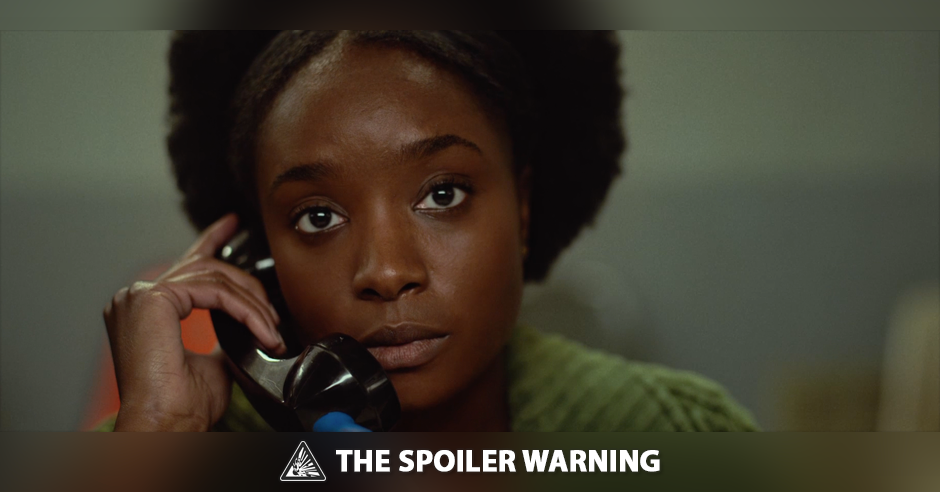If Beale Street Could Talk is beautiful in style and substance — but those two types of beauty (Jenkins’ claustrophobic intimacy, Baldwin’s universal prose) sometimes make for an odd pairing. It has that distinct brand of theatricality that comes from a director smitten by source material; a golden-hour shimmering that makes even the rawest outburst feel buffered by glass. As an adaptation it’s excellent, relishing in James Baldwin’s dialogue and giving his ideas room to breathe. As an essay on the black experience it’s scorching — and has never been more sadly relevant. But as a Barry Jenkins film, it didn’t hit me with the force I’d expected, lacking both the exposed nerve of Medicine for Melancholy and the delicate specificity of Moonlight. It felt, instead, like Moonlight’s third act stretched to feature length: a fluid conversation piece, bathed in gorgeous yellow and blue, between old friends in need of unburdening. With Chiron, each furtive glance contained multitudes; variations on a tune he’d been playing for a lifetime. Here, though, a lifetime is just one of many key signatures: there’s a Tish, Fonny, and Beale Street to be heard in every town, if we’d abstract incidentals and listen. I just wish the film had let me live in their particular melody a bit longer, and spent less time on conscious transposition.
Chris and I talk Beale Street, Waking Life, and that bizarre Mill Valley Film Festival Q&A in Episode 522 of The Spoiler Warning Podcast
